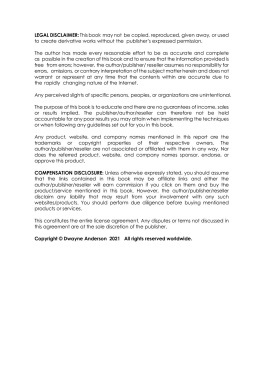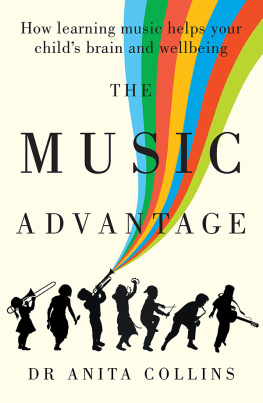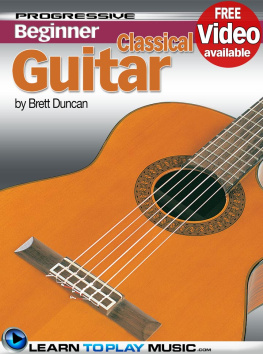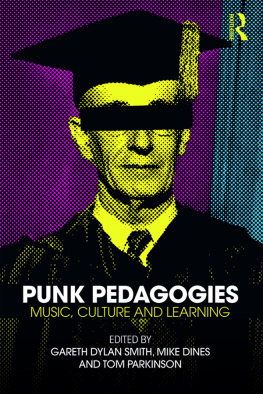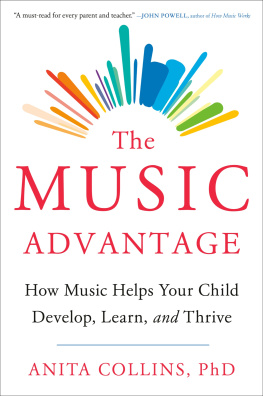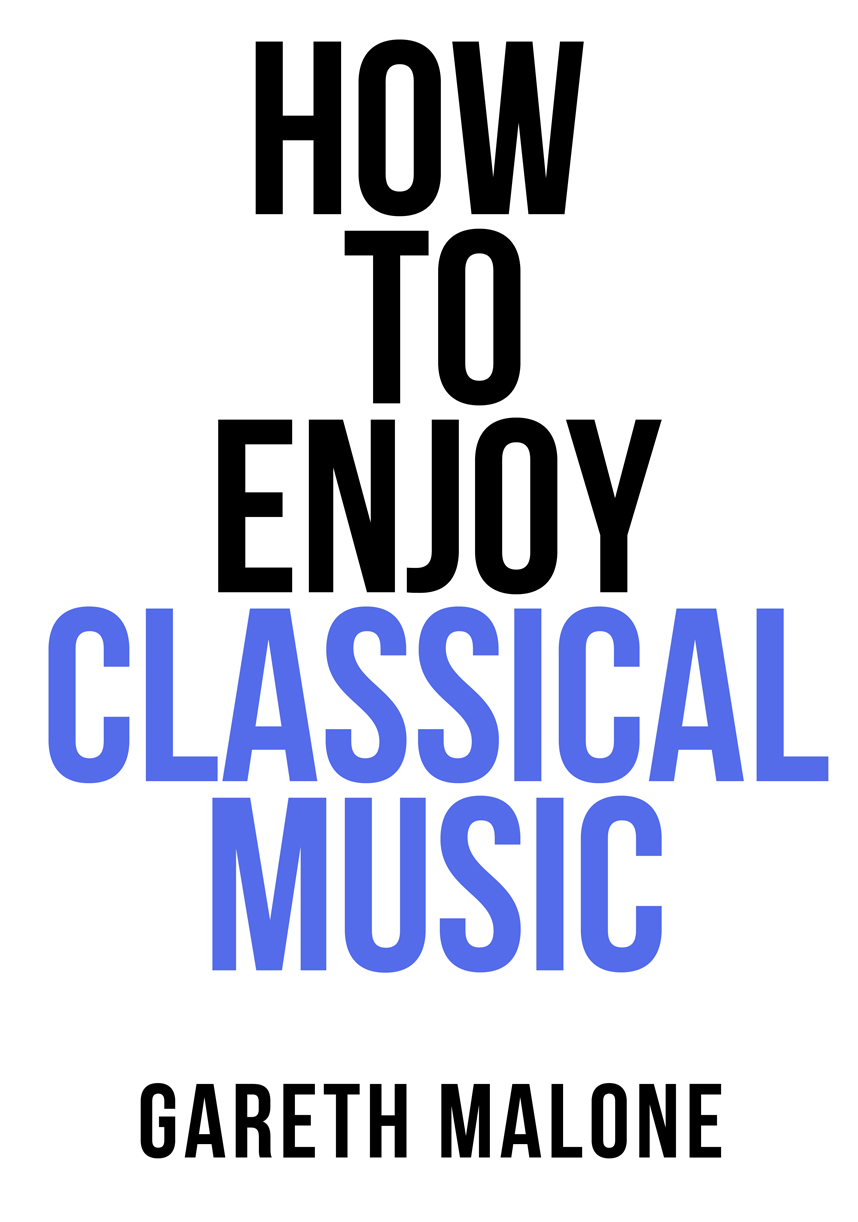
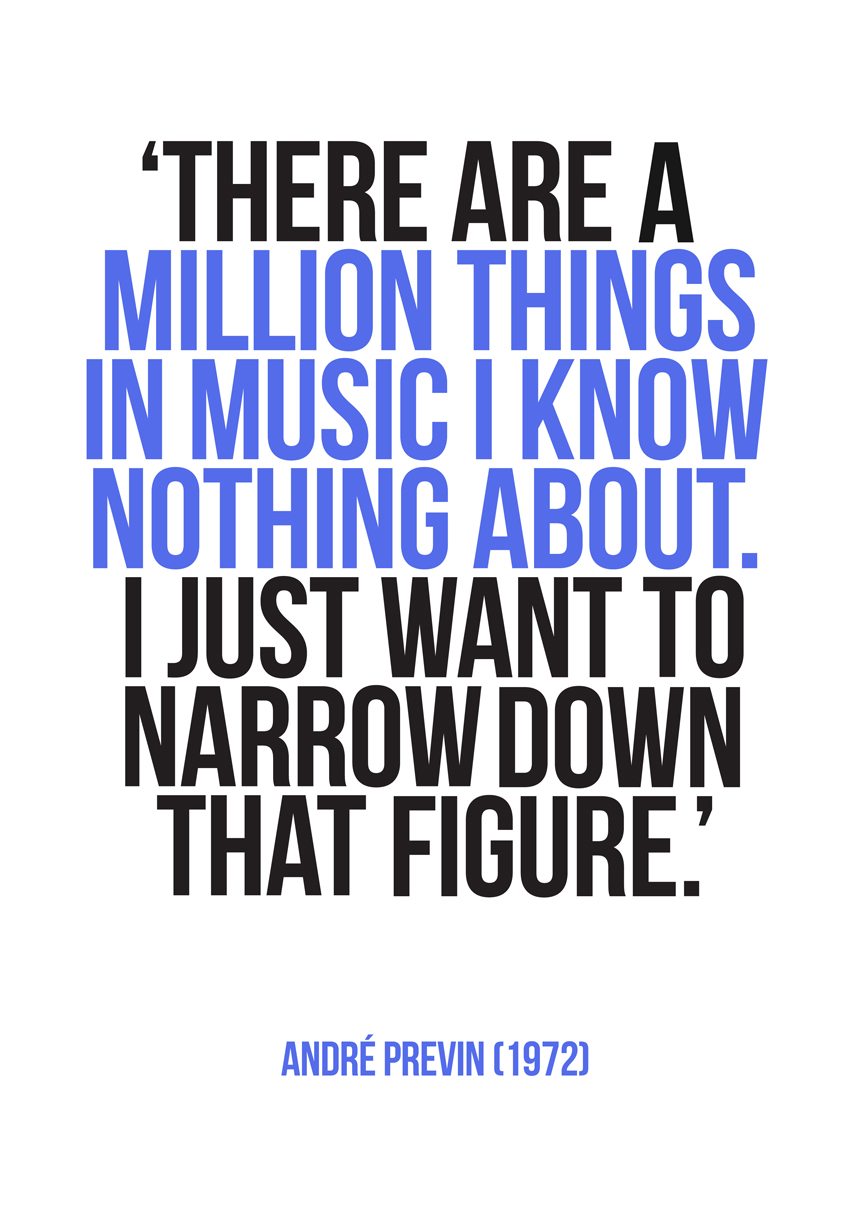
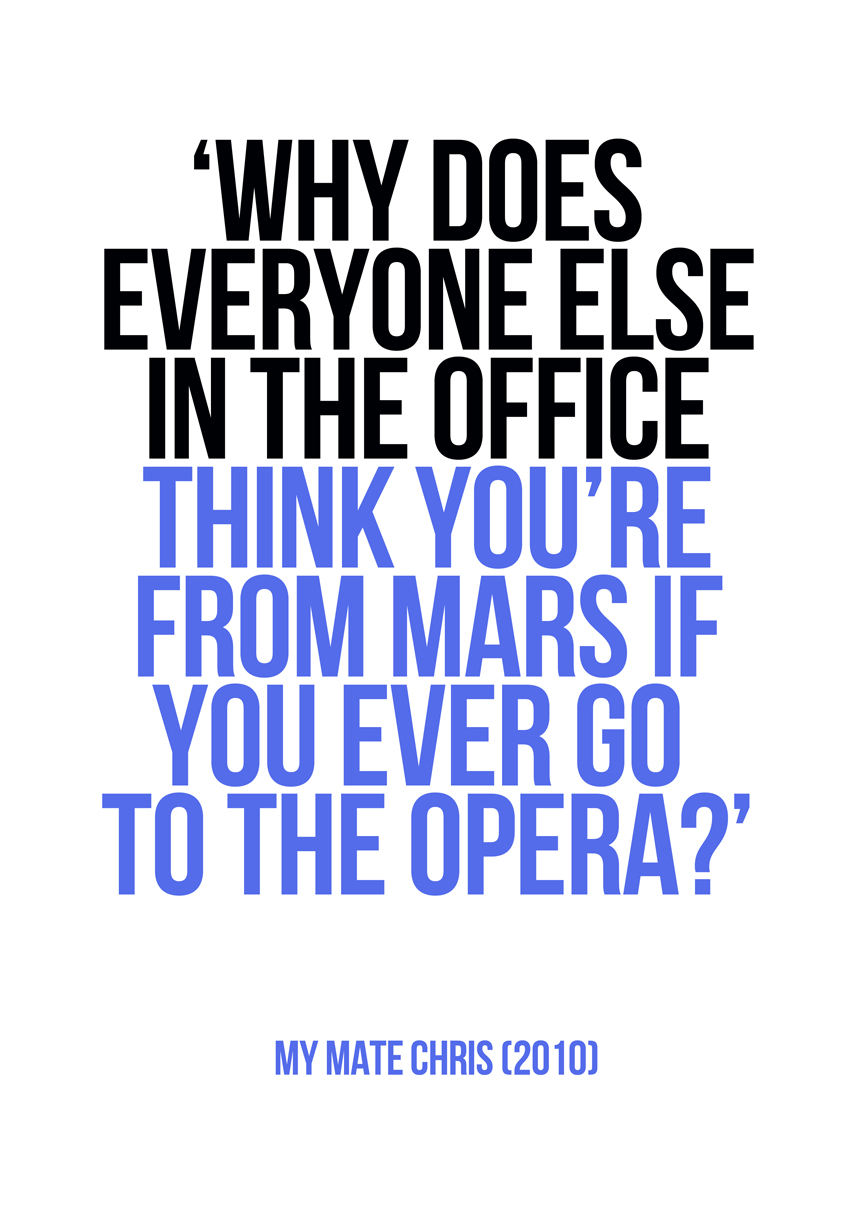
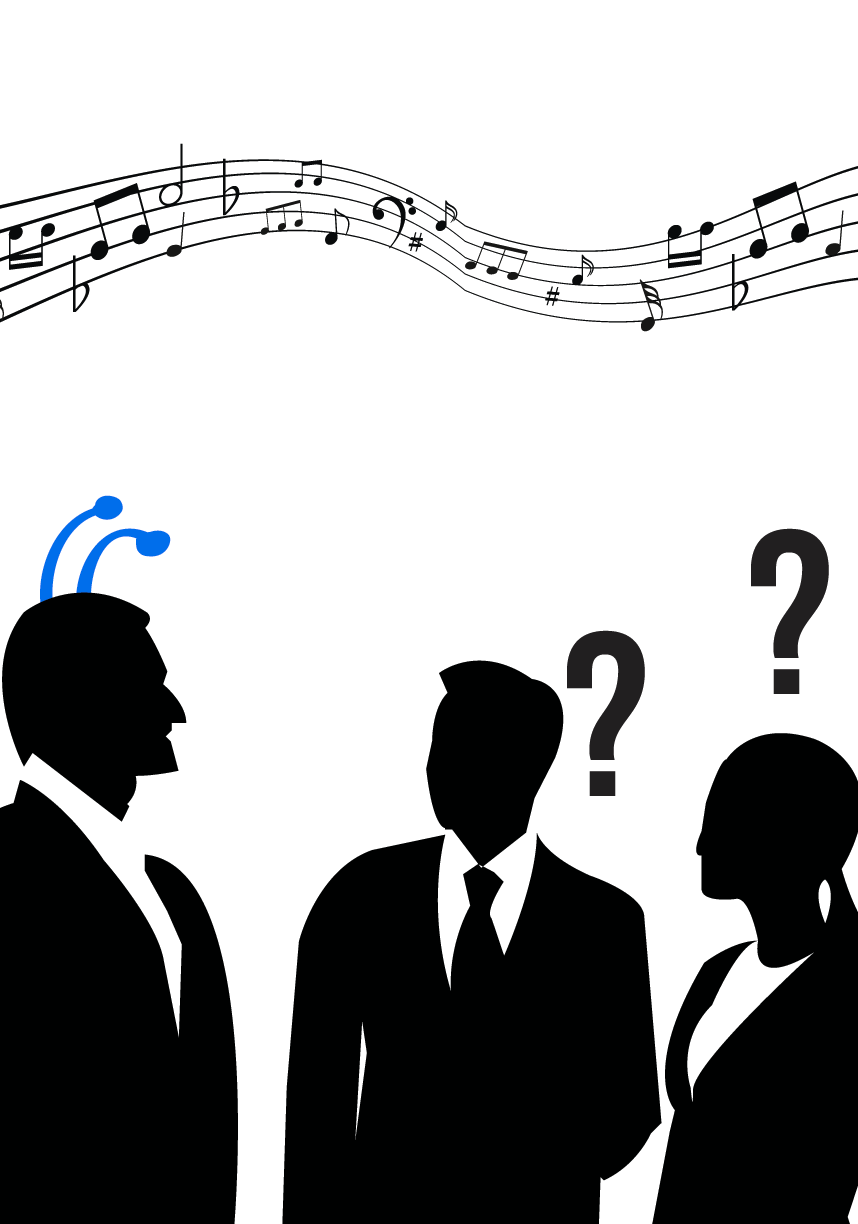
Before we start lets get a few things straight:
1 There is so much to know about music that a lifetimes study couldnt hope to tell you everything.
2 There are so many hidden alleyways, nooks and crannies in music that its quite possible to get stuck in just one area and neglect all the other music. Expand your horizons and generally give your musical taste a spring clean.
3 Its fine to admit that you simply dont get a piece sometimes music takes time to get to know, or sometimes youll just never be friends.

4 There is no one correct way to listen to classical music or any other kind of music because its an intensely personal business.
The first step is building a positive relationship with the music. So sometimes, in order to appreciate music, a little homework is required
But
Dont panic!

I understand that by some definitions, music that requires work is an anathema surely we should love a great piece of music at first listening? But think how often you meet someone and fall in love at first sight once in a lifetime? Many pieces of music take time to get to know. Everybody experiences music differently. Several factors can affect this: the context, how much you know about the piece and how often you have heard it before.
Try listening to a piece of classical music that you know well in a variety of contexts:
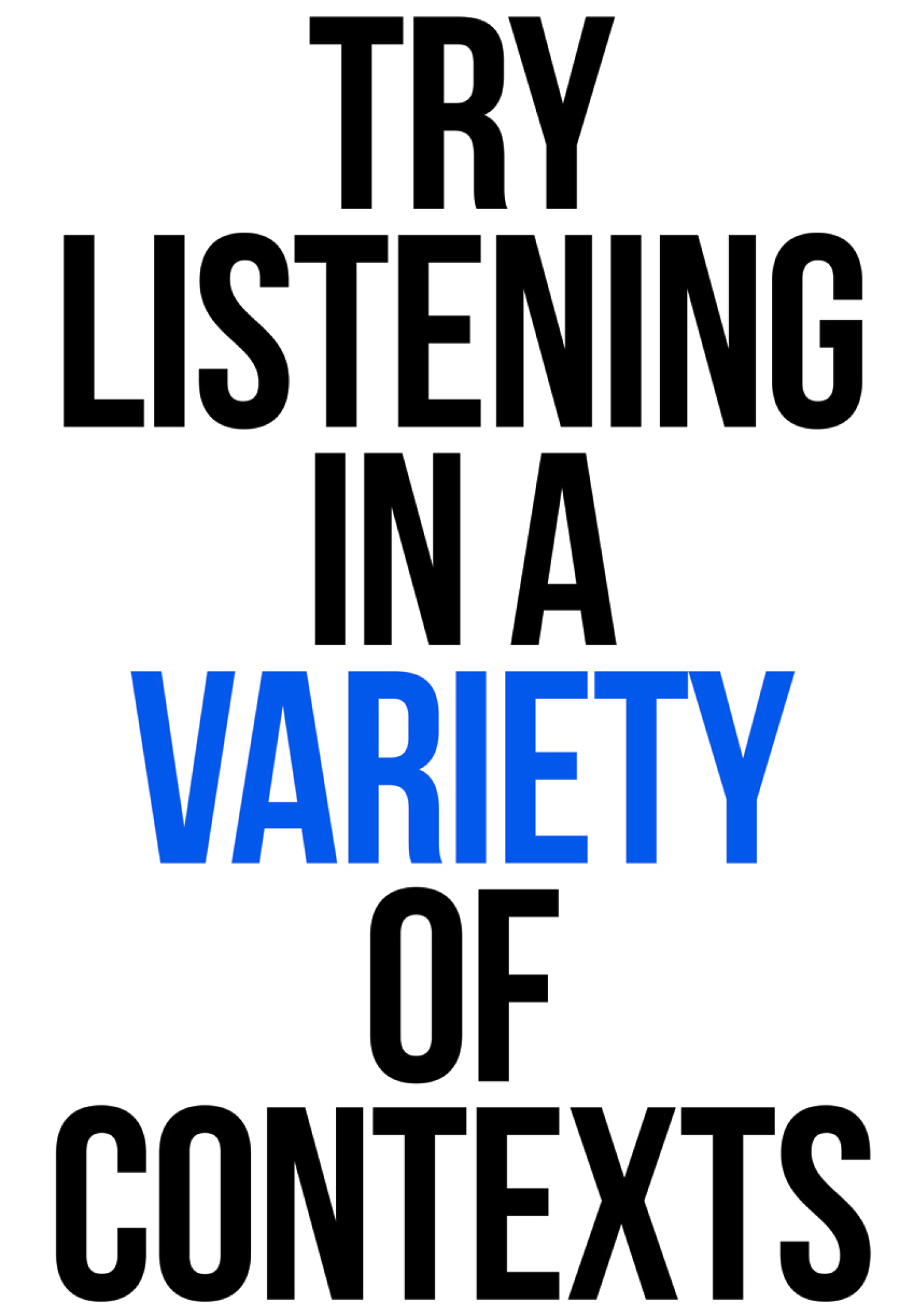


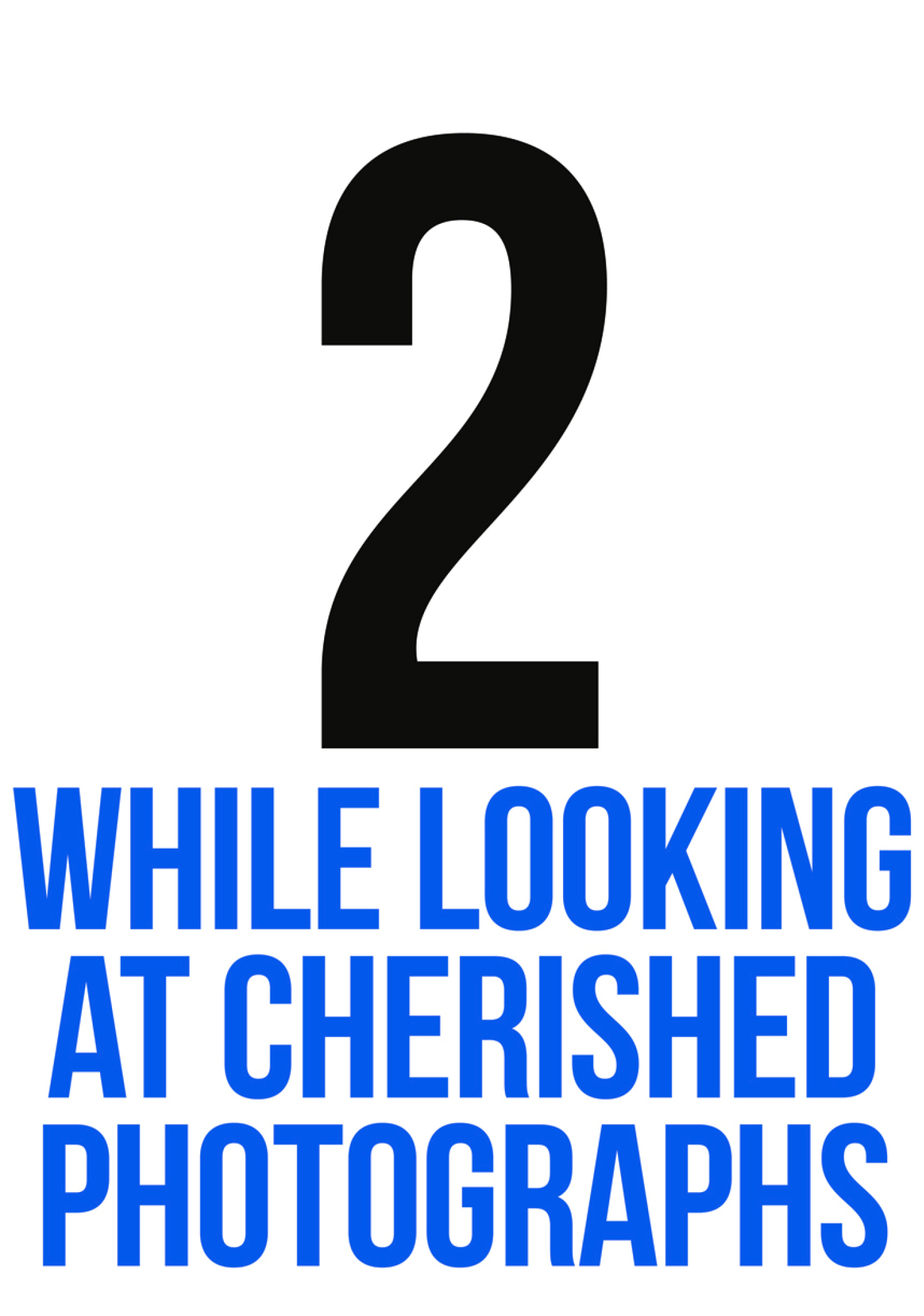

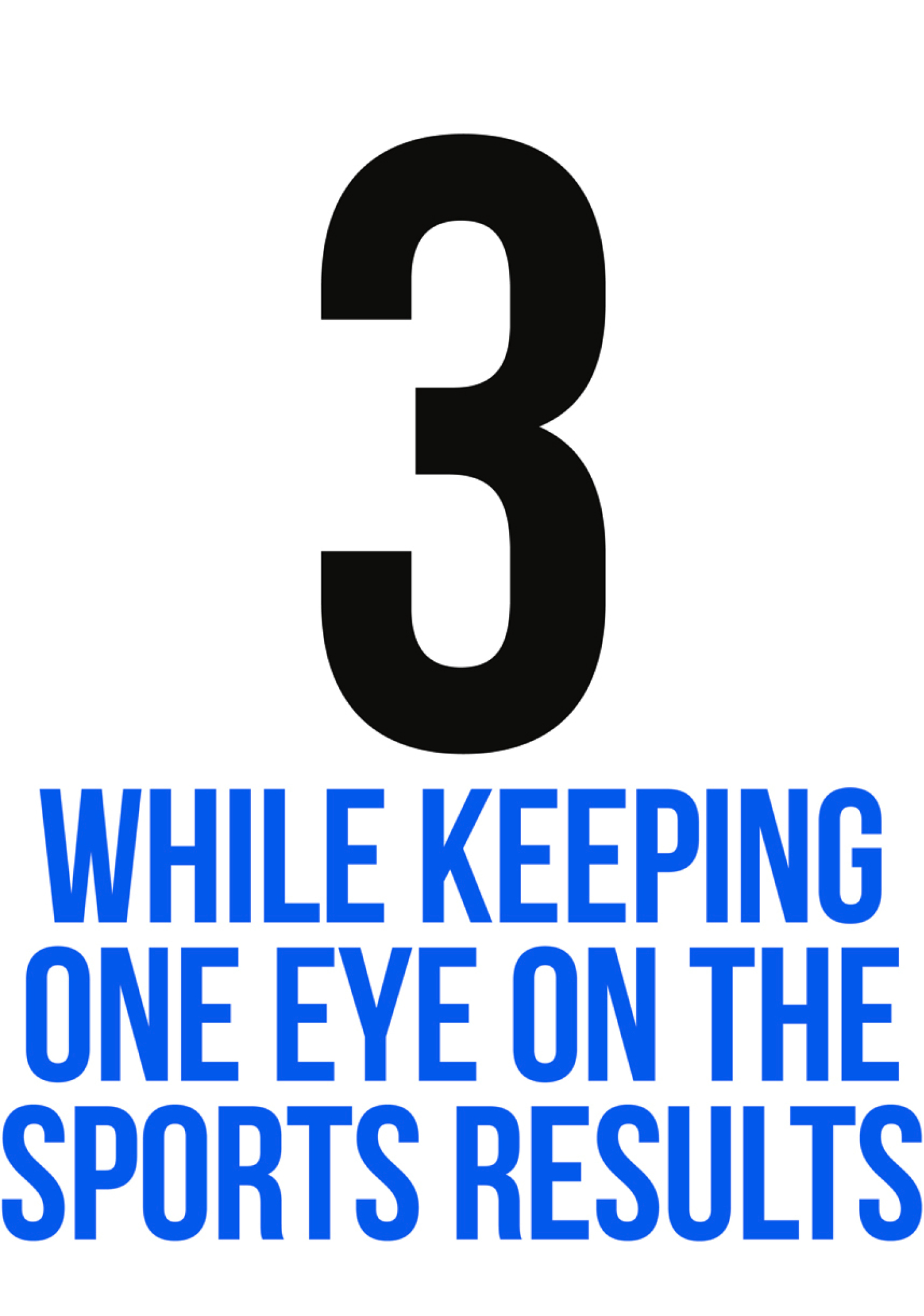

Youll find that the atmosphere of the piece changes and affects the activity as much as the activity affects the music.

What are you supposed to be hearing and how is it possible to change the way you listen? Why is it that classical musicians can talk endlessly about the merits of one violinist over another? Does it really affect how I listen if I know that Mozart was born in 1756 or any of the myriad of apparently pointless facts that seem to surround classical music?
As Ive said, there is no one correct way to listen to classical music. That said, there are facets of the music that you may not have thought about that can direct your listening and a little knowledge will not only give you a greater understanding but will make you sound like an expert at the bar afterwards. Most gratifying.
In some ways our tolerance for classical music can be lessened by more immediately rewarding and popular forms. As Nol Coward, with typical acerbity, once remarked: Extraordinary how potent cheap music is. If we overdose on facile forms it makes the complexities and subtleties of classical music seem laborious. The function of popular music is fundamentally different: it aims to be as immediately pleasing, as sonically gratifying and as exciting as possible, and to do all that in a very short space of time. In the time it takes to listen to a Beethoven string quartet you could have listened to well over ten different pop songs. This can make it difficult for people to approach classical music because it takes more time for the music to reward the listener.
Here are some different ways in which we listen to music and Im sure you, like me, will move between these modes during any piece of classical music.

Not listening is what you do when you are thinking about how long the concert will last or how long it will take to get home. Its natural, normal and perfectly accept- able. Look around you at any concert. There will be at least one person asleep, and many of the rest of them will be doing a this is moving me face. Adopt a comfortable position and know that its OK to let your mind wander.

This is the aural equivalent of taking in the view. Its listening to the music but only hearing the surface. I find myself listening in this way when Im engaged in another activity typing this text, for example, with Bachs English Suites playing merrily in the background. Surely I should be thinking a series of great and profound thoughts as I listen? No. Im just enjoying the experience. When I eat chocolate I dont always read the ingredients and analyse what makes them combine to such indulgent effect.

This is when 100 per cent of your attention is taken up with the music. I usually achieve this at the beginning of the concert and can wane after about fifteen minutes. It can take something especially interesting (a loud bit) to jolt me back into the music. At this point I will quickly put on my this is moving me face.

When I was a child music would constantly suggest images, as though the music played out a kaleidoscopic film in my mind. I suppose when I was a child I did not realise that these were part of my response to the music; I thought they were part of the music. This is creative listening because its your brain being stimulated by the music and coming up with a creative response. For many people this is part of the joy of classical music and as the repertoire is so varied you can be transported almost anywhere.
Next page

